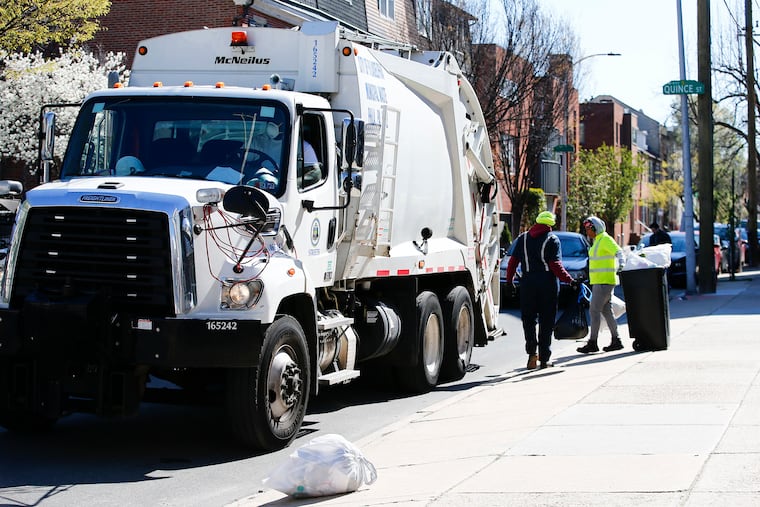Florida officials unresponsive to calls amid growing concerns and urgent inquiries.
The recent coverage of Florida’s environmental crisis by Media News Source highlights the troubling state of pollution in the waters surrounding the Sunshine State. The article emphasizes the alarming predicament of Florida’s aquatic ecosystem and the state government’s inadequate response to the escalating environmental disaster, which underscores a broader issue of accountability among political leaders.
A compelling aspect of the investigation centers on the Florida Department of Environmental Protection (DEP), which notably declined to make any of its top officials available for comment. This single action encapsulates a prevailing attitude in Florida’s political landscape: a profound indifference toward environmental degradation and a reluctance to engage in meaningful dialogue with the public regarding critical issues.
Over a year of research, conducted by a skilled team of reporters at the Tampa Bay Times, involved extensive interviews with a diverse array of stakeholders, including scientists, environmental advocates, and government officials. They traveled throughout Florida, meticulously analyzed millions of water quality reports, and filed more than 140 public records requests, shedding light on a troubling trend. The findings revealed that for decades, government entities have failed to adequately address pollution, resulting in the deterioration of many waterways across the state.
Historical documents reviewed by reporters traced the roots of this neglect back to the 1970s. One former state environmental secretary lamented the findings of the report, which painted a bleak picture of Florida’s water quality management. As successors to this historical legacy, the leadership at the DEP faced pointed questions: with the current tactics clearly ineffective, what alternative strategies would be implemented to confront the extensive pollution crisis?
The agency responded with a statement acknowledging concerns regarding rising pollution levels, yet provided little insight into actionable solutions or immediate plans to rectify the situation. Such responses, often seen as disappointing, reflect a troubling trend among state agencies in Florida, where public accountability is frequently sidestepped in favor of bureaucratic shieldings.
This phenomenon is not limited to environmental issues. Various state agencies have similarly faced scrutiny for their perceived lack of transparency and responsiveness to pressing inquiries from citizens and lawmakers alike. Recent instances include withheld information about law enforcement protocols and unanswered questions surrounding regulatory practices related to consumer protections.
For Floridians, access to crucial information regarding their environment and public services is not merely a matter of transparency—it’s essential for informed decision-making and the future prosperity of communities across the state. As citizens continue to demand answers from their government, it is imperative that state officials confront their responsibilities with greater sincerity and willingness to engage. Ultimately, the health of Florida’s waterways and the public’s trust in its government are on the line.






